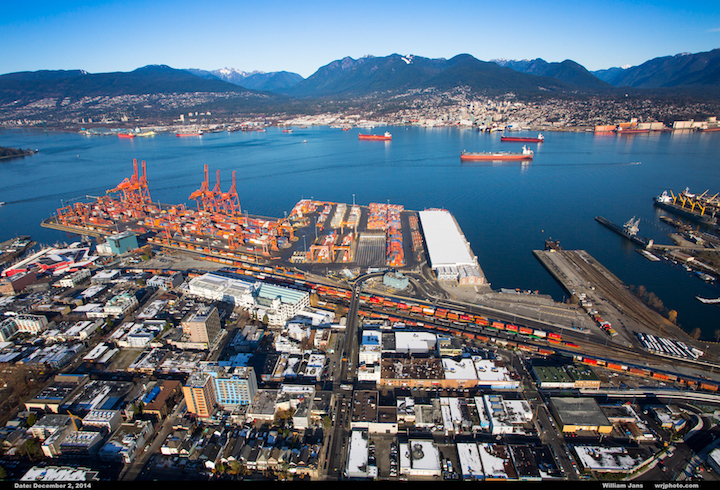Barely three hours after a lockout of 6,500 dockers across British Columbia began today, a tentative deal for a new collective agreement was announced between the International Longshore and Warehouse Union (ILWU) Canada and the British Columbia Maritime Employers Association. The previous agreement expired in March 2018.

No details were immediately released of the agreement subject to a ratification vote that could take several days. Observers considered that some compromise was found on the key automation issue raised by the ILWU.
Following the lifting of the lockout, operations were set to resume for the 16.30 shift Thursday indicated the BCMEA, representing 55 waterfront employers, which said the agreement “will continue to allow all BC ports to be a competitive, efficient and reliable gateway for the benefit of all Canadians.”
“We are confident that this agreement, once signed, will secure a positive long-term outlook for trade and operations at our terminals, for the Province and for the country,” said BCMEA president Jeff Scott.
For his part, Robert-Lewis Manning, president of the Vancouver-based Chamber of Shipping, expressed a big sigh of relief. “A major negative impact has been averted on the Canadian economy as a whole, the supply chain, and such developments as delays of trucks getting to terminals and ships getting to berth.”
Manning recalled that the uncertainty had already provoked the diversion in the past few days of four ships headed for BC ports.
Negotiations involving a federal mediator had continued throughout the night without an agreement by deadline. But later Thursday morning, a breakthrough reportedly occurred.
Disruption at the BC ports could have reportedly cost the Canadian economy about C$5 billion a day.
The BCMEA gave the lockout notice late Tuesday to the union after the latter had initiated an overtime ban Monday at two GCT container terminals at the Port of Vancouver.
“This is a reckless, irresponsible and needless decision that will undermine the economy of BC and Canada,” said ILWU president Rob Ashton.
The last big labour action hitting the Port of Vancouver was a strike by container truckers in 2005 who withdrew their services for six weeks.
The impact of a long lockout could have been considerable on container traffic through the ports of Vancouver and Prince Rupert, which alone account for about two thirds of Canada’s container cargo.

